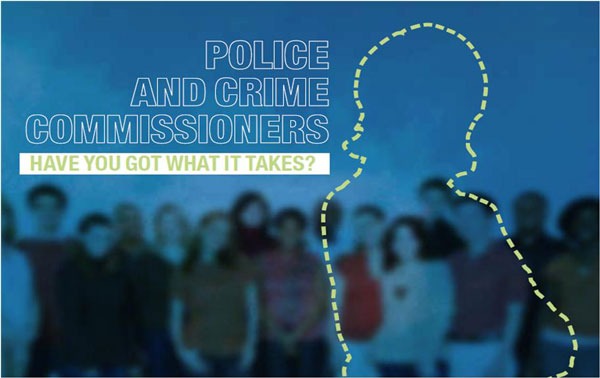
On 15 November 2012 an election will be held across North Yorkshire and the City of York to elect a Police and Crime Commissioner for North Yorkshire.
Background
The Police Reform and Social Responsibility Act 2011 (the Act) received Royal Assent on 15 September 2011 and covers five distinct policy areas: police accountability and governance; alcohol licensing; the regulation of protests around Parliament Square; misuse of drugs; and the issue of arrest warrants in respect of private prosecutions for universal jurisdiction offences.
The role of a PCC
How the Police and Crime Commissioner (PCC) will work in practice remains largely unknown and much will depend on the public mandate through which he/she is elected.
Police and Crime Panel
The police and crime panel (PCP) will have power to scrutinise PCC activities, including the ability to review the police and crime plan and annual report, veto decisions, request PCC papers and call PCCs and chief constables to public hearings.
The Election and Candidates
The first PCC elections will be an historic moment, and will take place on 15 November 2012. Holding the first elections as a freestanding, major democratic event will bring a real focus on this landmark reform and allow for a public debate focused solely on policing.
The North Yorkshire Police Authority (NYPA), the body which currently holds North Yorkshire Police to account, will continue to do so until the newly elected PCC takes office on 22 November 2012.
To keep up to date with changes or for more information on Police and Crime Commissioners, email PCCinfo@nypa.gov.uk to sign up to the newsletter, or follow them on Twitter @NYPAuthority
The main facts:-
- The first election for PCCs will be 15 November 2012 (future elections will be in May from 2016)
- The “Police and Crime Commissioner for North Yorkshire” will directly replace North Yorkshire Police Authority from 22 November 2012
- PCCs will appoint the Chief Constable; who will appoint all other officers within the force
- PCCs will be required to determine local policing priorities, publish their police and crime plan, set a local precept (council tax element) and set the annual force budget in consultation with the chief constable. The plan will need to take account of national policing challenges, set out in a new ‘Strategic Policing Requirement’
- The PCC will commission policing services from the chief constable (or other providers – in consultation with the Chief Constable). These services shall be set out in the plan where their objectives and funding will be publically disclosed
- The PCCs role will be greater than just police governance; the role will cover wider community safety issues with a duty to co-operate with criminal justice agencies
- PCCs will be scrutinised by a ‘Police and Crime Panel’ involving local councillors and members of the public
- At the end of the financial year the PCC will publish an annual report setting out progress made against the objectives in the plan
- The PCC will publish annual financial accounts, showing how resources were used in respect of priorities and how value for money was secured
- PCCs will regularly consult and involve the public and have regard to local authority priorities
- PCCs will be able to require a report from the Chief Constable at any time about policing issues






